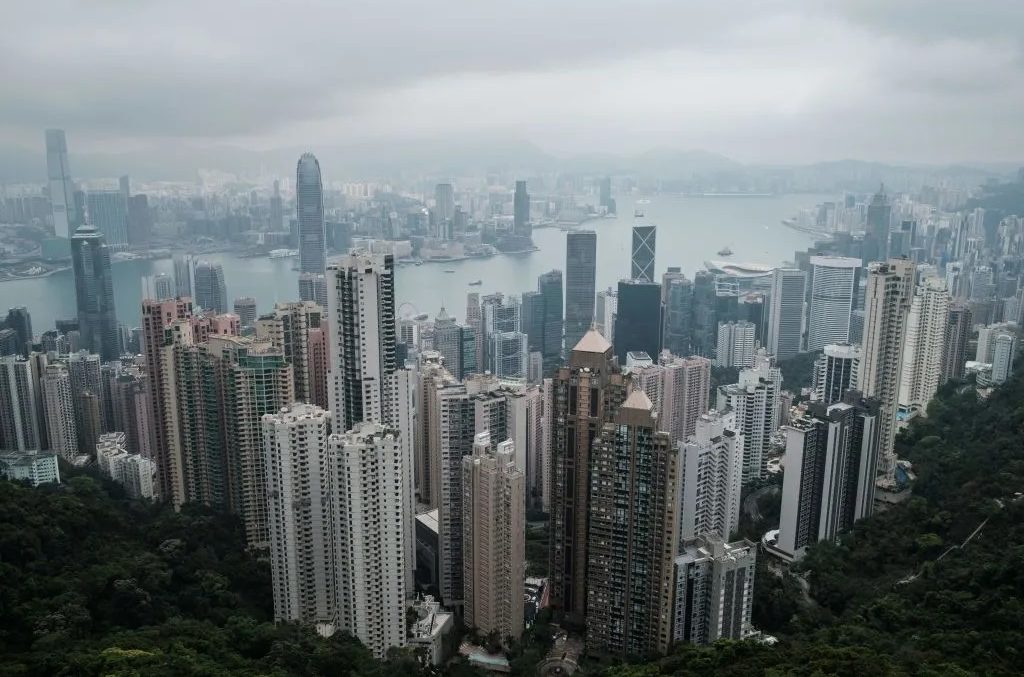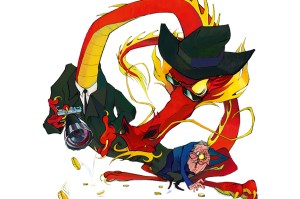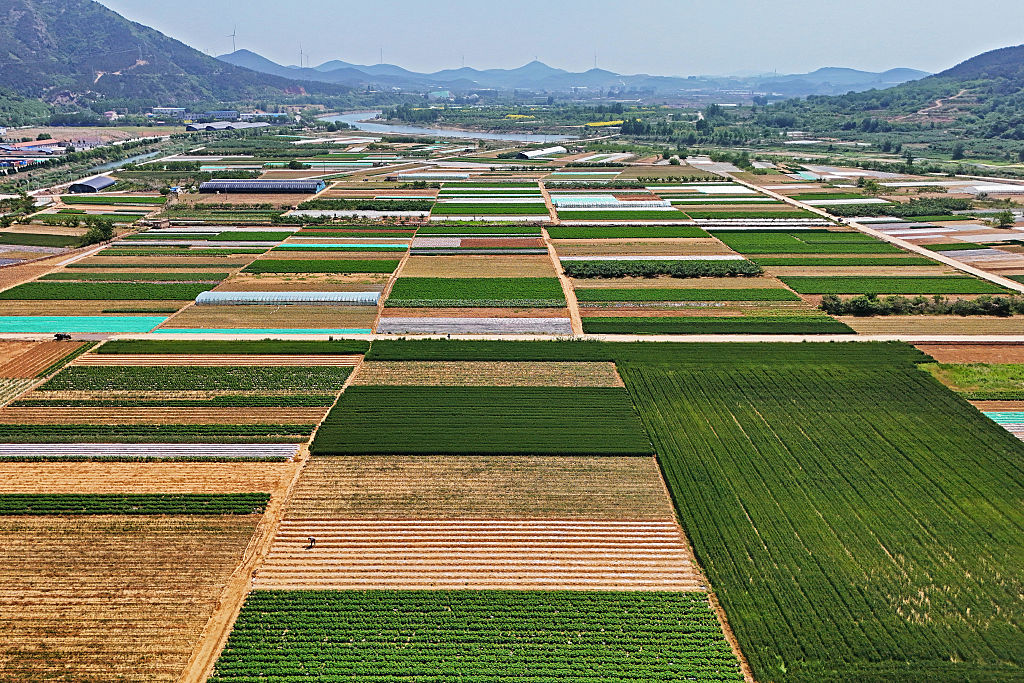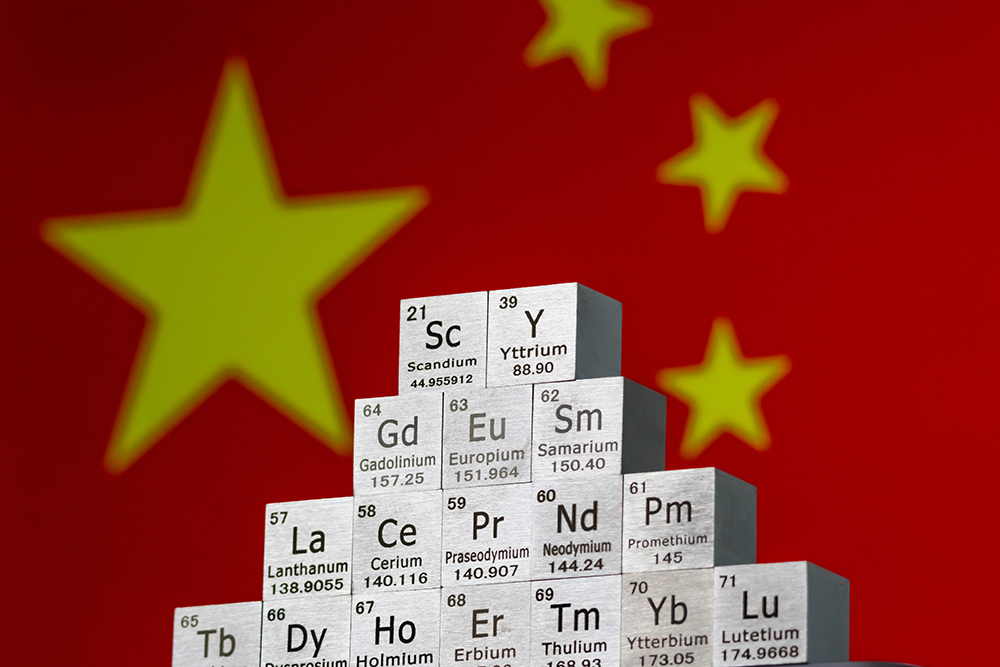Overnight, dozens of influential figures in Hong Kong’s pro-democracy movement were sentenced to lengthy terms under the fiercest application of the city’s national security law so far. That these former legislators, activists, and legal academics have only been sentenced three years after their detention is typical of how the Chinese Communist Party operates in Hong Kong, described by one academic to me as “death by a thousand cuts.” China hopes that, with incremental moves over time, its yoking of the city will be met with minimal international backlash. That calculation looks to have been proven right.
The activists were accused of being involved in an unauthorized democratic primary in 2020, through which they planned to pack the city’s legislature and eventually force the-then chief executive, Carrie Lam, to resign. The elections that year had been postponed — ostensibly due to the pandemic — but a group of democratic parties got together and ran their own primary. They wanted to select the pro-democracy candidates who had the highest chance of winning, and avoid the phenomenon of vote splitting that had weakened the pro-democracy camp in previous elections. The mastermind was legal academic Benny Tai. Today he received a ten-year sentence.
Others sentenced include the twenty-eight-year-old Joshua Wong, one of Hong Kong’s most well-known student leaders, and Gwyneth Ho, a journalist who had covered the protests and ran as a candidate in the primary. Ho refused to plead guilty and was sentenced to seven years; Wong received a more lenient, four year sentence for pleading guilty. Their three years in detention will count towards that time.
This comes a day before the Hong Kong media tycoon and British citizen Jimmy Lai is set to testify at his own trial. Lai faces up to life in prison on charges of conspiring to publish seditious material and the classic accusation of “collusion with foreign forces.” Away from the courts, over the last few years the Hong Kong government, led by the former policeman John Lee, has shut news outlets (including Lai’s Apple Daily), overhauled the electoral system to require that only “patriots” who “respect” the Communist Party can run for office, and adapted school curricula to be more “patriotic” too. That all this has happened slowly, but steadily, means that the CCP has largely got away with it without remarkable international approbation.
Five years on from the extraordinary protests that brought Hong Kong to a standstill, Beijing has gutted the city’s pro-democracy movement. Its leaders have been sentenced to exile, silence or prison.
Yet there is one ultimate cost for China’s choking of Hong Kong. Throughout all of this, the people of Taiwan have watched closely. They now know that any promise of “one country, two systems” is merely a facade. As a result, even China-sympathetic politicians on the islands can no longer make the argument for a return to the mainland. Has Beijing’s crackdown on Hong Kong really been a success? To borrow a phrase from premier Zhou Enlai — it’s too early to say.
Listen to Cindy Yu’s podcast, Chinese Whispers:
This article was originally published on The Spectator’s UK website.

























